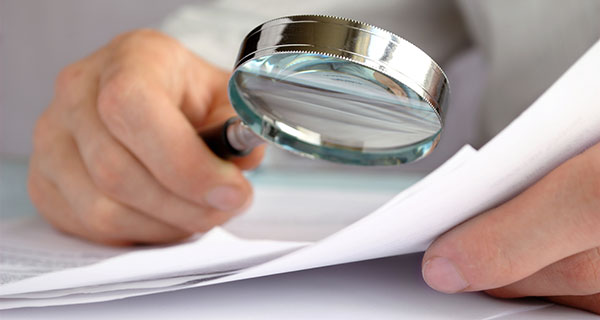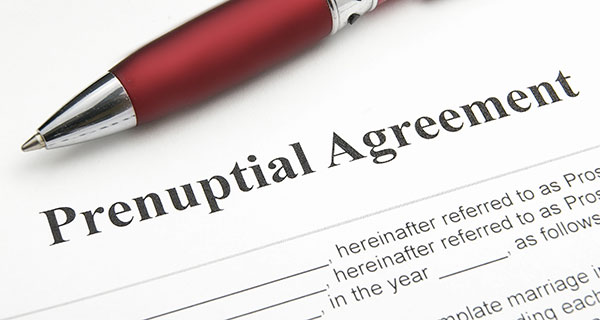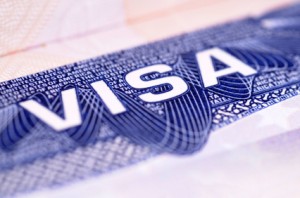If you are a foreigner looking to buy a property in Thailand, you might be wondering how to go about property title transfer. There are a couple of options available to you. First, you can sign a Power of Attorney, which gives you the authority to choose someone to represent you and make the property title transfer.
Sor Kor 1
Currently, the process to obtain Sor Kor 1 property title transfer in Thailand is relatively straightforward. A claim certificate, also known as Sor Kor 1, states that the land belongs to the occupant. Because the measurements are vague, they are prone to dispute. However, if you can pay for the Sor Kor 1 property title transfer in Thailand, you can eventually upgrade to a full Chanote title. This type of title transfer is the easiest way to obtain a title transfer in Thailand.
However, before you can buy a Sor Kor 1 property title transfer in Thailand, you must follow specific procedures. You must first make sure that the property was originally owned by someone else before you purchase it. In some cases, the paperwork may not allow you to sell or lease it. Sor Kor 1 property title transfer in Thailand becomes necessary if you intend to sell or lease it. For these reasons, you must carefully investigate the legalities and procedures involved in land title transfer in Thailand.
Sor Kor 1 property title transfer in Thailand is a legal document granting you legal ownership of a property. It is important to remember that in Thailand, the official title deed is known as a “Chanote,” which is a document that verifies the property’s ownership. These documents are issued by the Land Department, which uses GPS to plot the boundaries of the land. A Chanote is one of the most secure forms of land title transfer in Thailand.
Nor Sor 3
A Nor Sor 3 Property Title Transfer in Thailand is a legal document certifying the enjoyment of the land. The Nor Sor 3 title is issued by the District Land Office. Although it is a legal document, a Nor Sor 3 does not give the owner actual possession of the land. Nor Sor 3s are issued for parcels that do not have clear boundaries and are based on the boundary line of the adjacent parcels. The owner cannot sell the property without a public notice 30 days before registration. The Nor Sor 3 can be converted to a Nor Sor 3 Gor or a Chanote.
While Nor Sor 3 documents do not grant full ownership and use rights, they can be upgraded to other types of Thai title deeds, including Chanote. While Nor Sor 3 documents do not give ownership of the land, they are the most basic form of title transfer in Thailand. Nor Sor 3 documents can be upgraded to the next level, Nor Sor 3 Khor, which gives the owner full use rights.
A Nor Sor 3 Property Title Transfer in Thailand is different from the Nor Sor Kor. In a Nor Sor 3 Property Title Transfer, the land owner has to publish a notice of intent and then transfer the land. In addition, a person must give 30 days public notice for the change in land status. This is a simple procedure but is still a legal document. You need to be very careful to avoid any legal pitfalls when making a Nor Sor 3 Property Title Transfer in Thailand.
Chanote
A Chanote property title transfer in Thailand is the process by which a land owner grants full ownership rights to another party. The deed is the most secure form of land title transfer in Thailand and is notoriously difficult to trace. The deed acts as a certificate of ownership and can be presented to government authorities to prove that you have the exclusive right to use the land. This type of property title transfer can also help you register encumbrances and leases against your property. This type of title deed is obtained from the Phuket Provisional Land Office, which plots the boundaries of the land.
Lands with chanote property title transfer are likely to be in more developed areas of Thailand. This title deed describes the land boundaries precisely, and enables you to sell the land in the same way as a freehold title deed. In Thailand, a chanote land title can only be transferred to a Thai national. While this type of title transfer may be less common in Thailand, it is still available.
The Chanote property title transfer in Thailand can be completed through a certified copy of the title deed. In the best case scenario, the property title deed can be found in the original land records. If it does not, the Thai government is likely to change it to satisfy the foreign investors. When acquiring land in Thailand, you can acquire it through inheritance, donation, purchases, or debt repayment. The title deed will include a red Garuda, a mythological animal of Thailand.







 If you are visiting Krabi or if you wish to retire in Krabi then you will need to know where the Thai immigration office is located in Krabi. Note that this is where your
If you are visiting Krabi or if you wish to retire in Krabi then you will need to know where the Thai immigration office is located in Krabi. Note that this is where your 